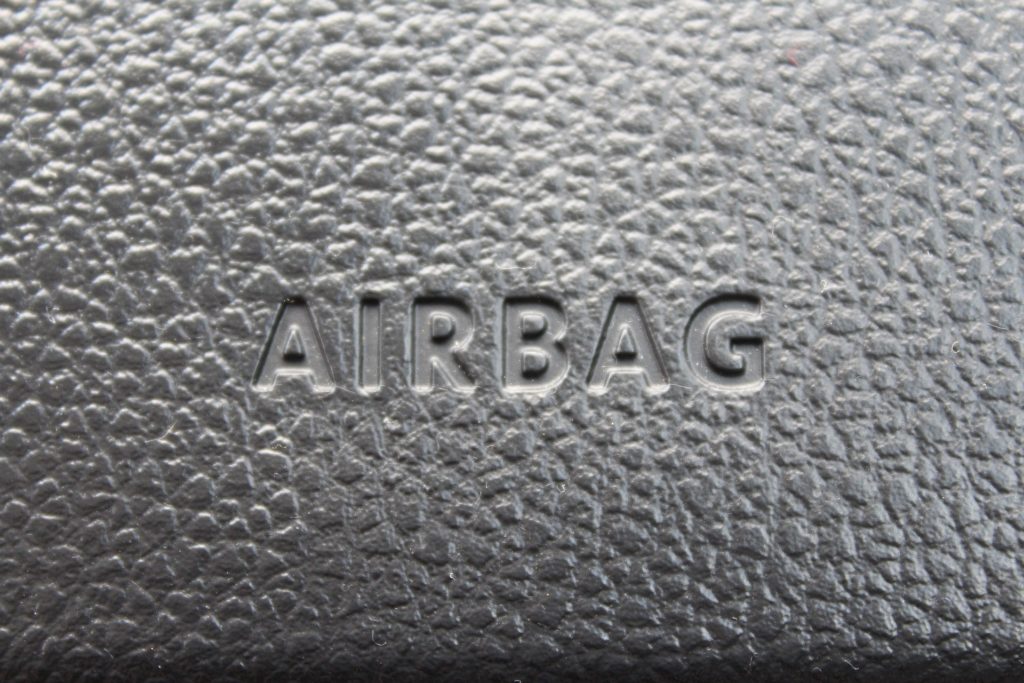Is it still safe to drive a car with an airbag recall?
Airbags manufactured by Takata Corporation have been causing problems for years, and affected car owners are waiting months for replacements.
Advertisement
Airbags manufactured by Takata Corporation have been causing problems for years, and affected car owners are waiting months for replacements.

Share this article Share on Facebook Share on Twitter Share on Linkedin Share on Reddit Share on Email